Those are good ingredients to work with, but is the final product any good?
After that, Gagin goes and makes some trouble, looking for Hugo. I'm gonna skip a lot of recap here because the film starts out very slowly and winds its way through a weird middle section where Lucky pals around with an archetype we've been taught by a few hundred movies not to trust: a greasy fat guy who is overly friendly and solicitous, trying to hide the fact that he's just biding his time to shank you and take everything you have. The only difference here is that he's Mexican and runs a merry-go-round (with, you guessed it, a pink horse). The merry-go-round is kind of a clumsy symbolic device meant to signify the very pointless of life. There's also a message about how society as a whole treats former soldiers: with a level of fear and awe that sets them apart from the rest of us when all most of them want to do is go back to regular, everyday life once it's all said and done. The end of the film pretty much drives that home.
I'll be honest: I had a hard time watching this movie. It's not a bad movie, but every scene goes just a little longer than you expect, a little longer than it should. There's more said than there should be and less shown to us than I'd like. You can tell an actor directed it because he loved acting and wanted to give himself--and his costars--every opportunity to do so. The film is really a character study more than anything else, but some of the long-windedness kind of blunted the impact of some scenes that I'm sure were more effective in the original novel.
At any rate, it's an OK, if problematic, entry into this series.
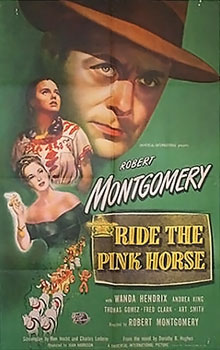
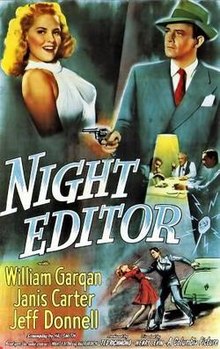
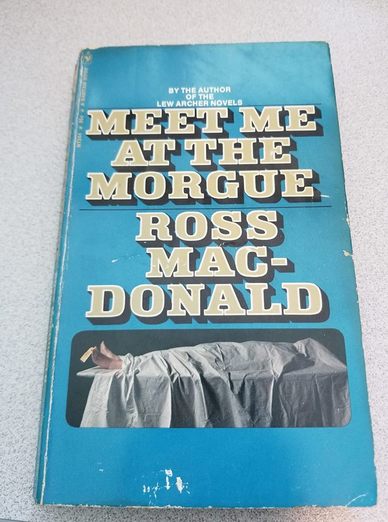
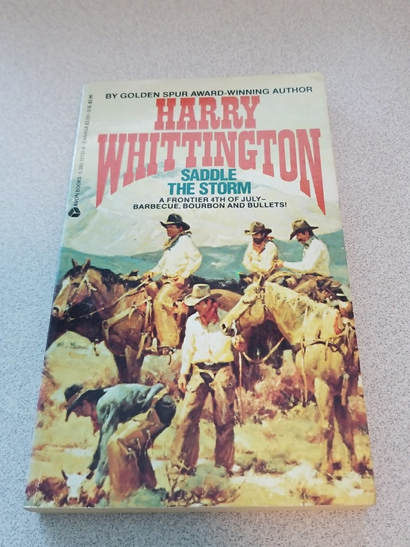
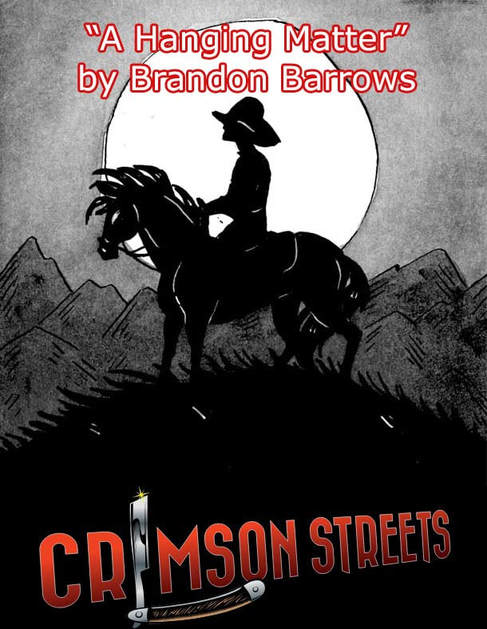
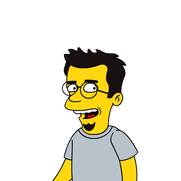
 RSS Feed
RSS Feed